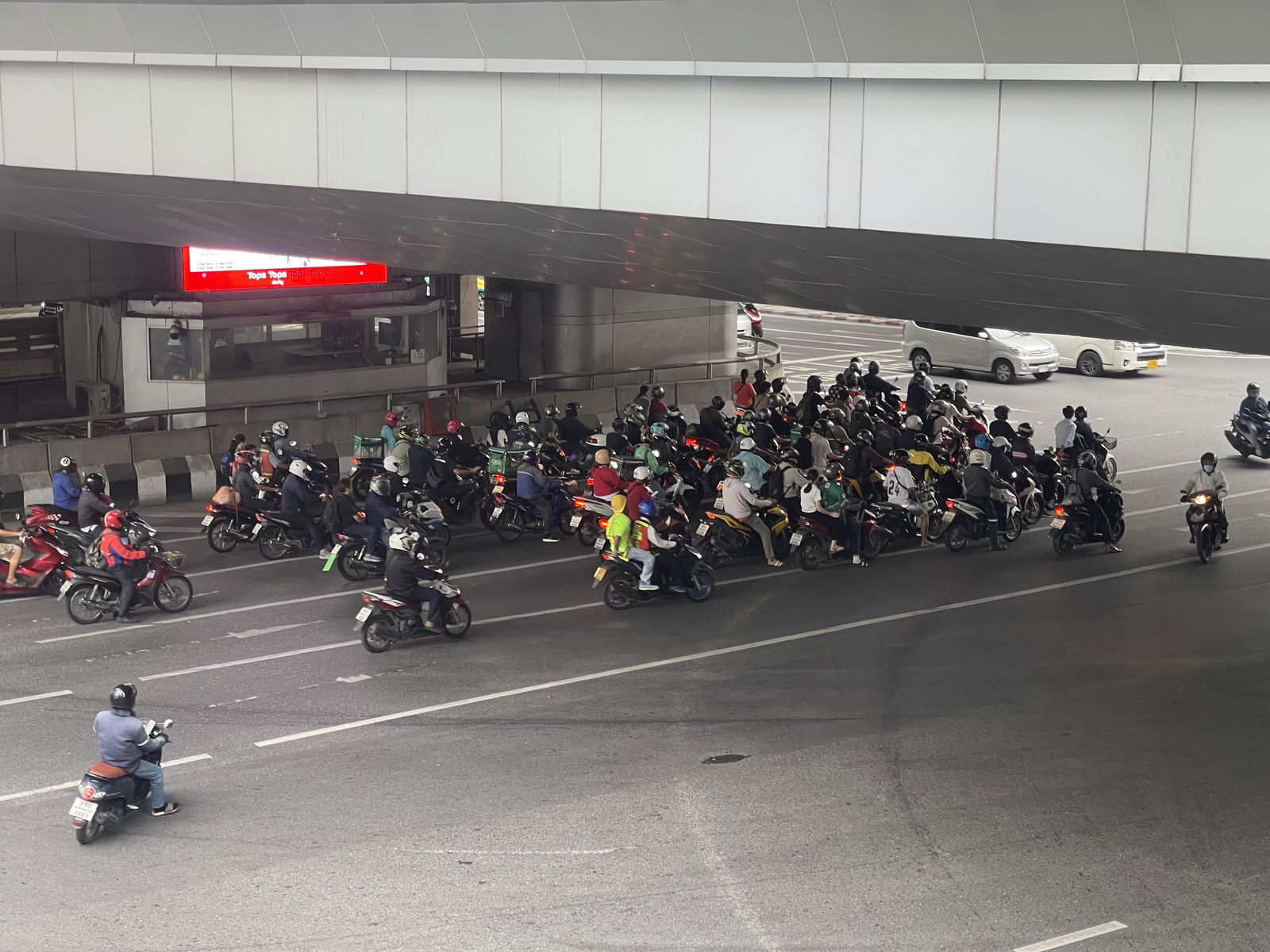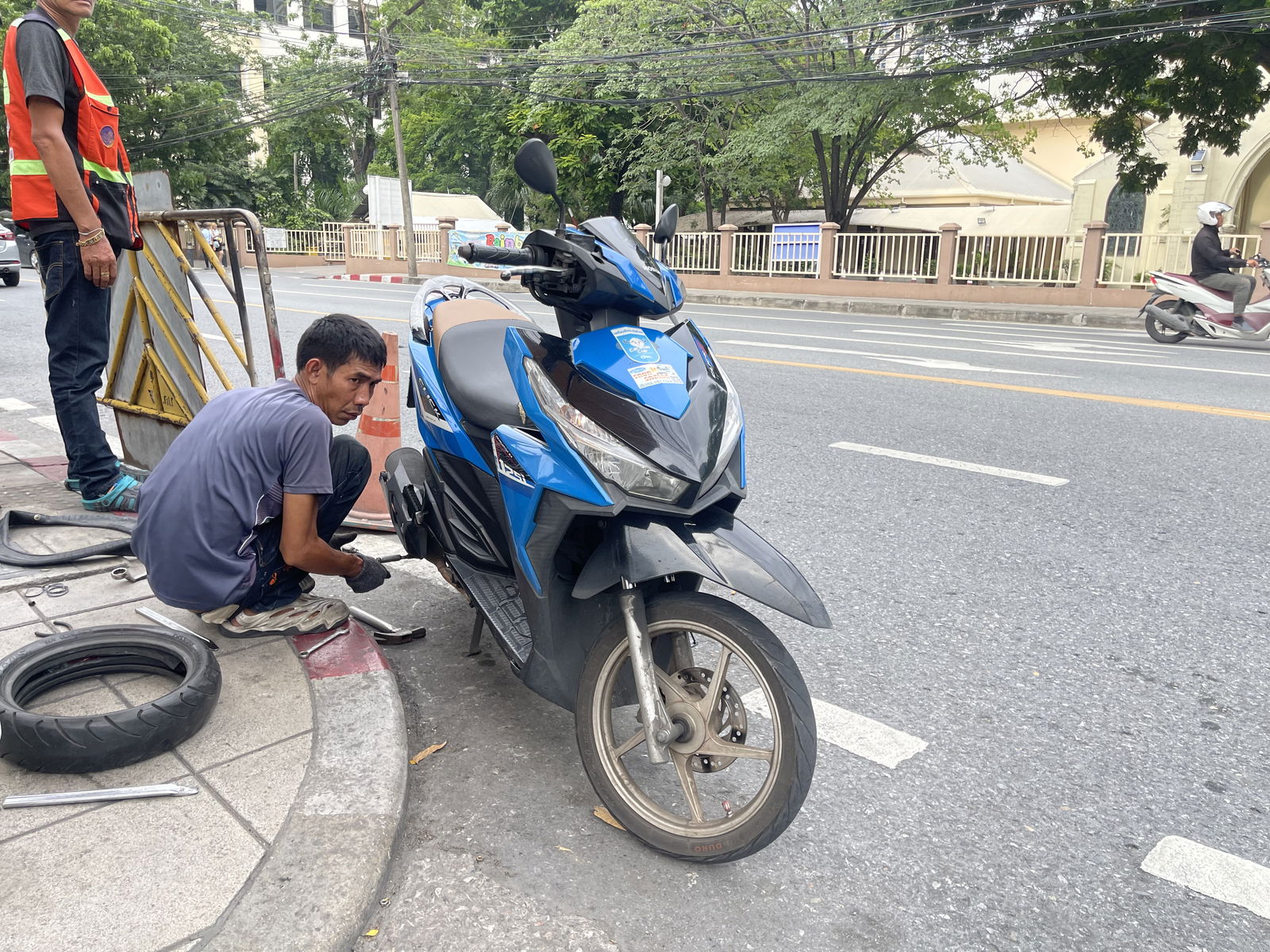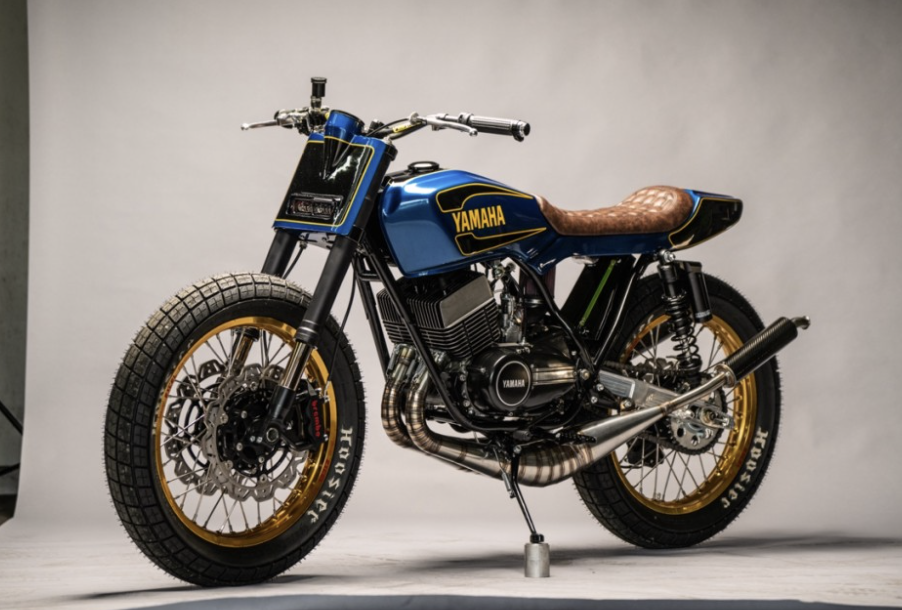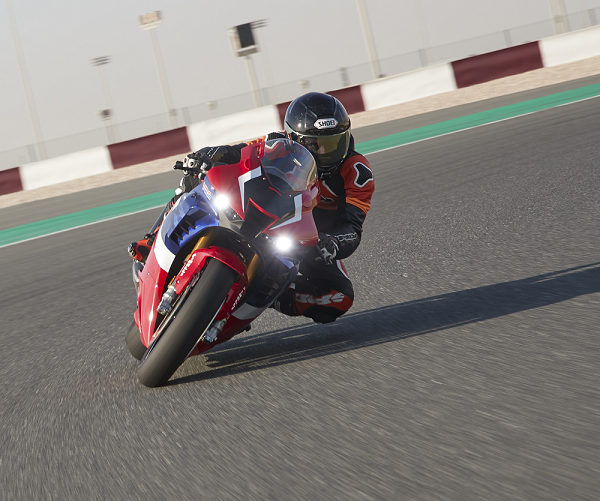Motorcycles to be banned from Hanoi city centre
Hanoi is set to ban petrol-powered motorcycles in 2026, although no viable alternative is ready to replace them

In a bold move that’s bound to send shockwaves through Vietnam’s army of motorcycle commuters, Hanoi has announced a ban on petrol and diesel-powered two-wheelers from its central districts starting July 1, 2026.
The new ruling, issued directly by Prime Minister Pham Minh Chinh, will bar fossil-fuel bikes from the capital’s main ring road, a critical route that loops around Hanoi’s political and commercial heart. The goal? To stem the toxic tide of worsening air quality in one of Asia’s most two-wheel-reliant capitals.
With over seven million motorbikes weaving through the city’s choked streets daily, compared to just a million cars, Hanoi’s love affair with internal combustion has long outpaced its ability to manage the fumes. In July, the city’s air quality index (AQI) consistently hit between 115 and 165, a range considered “poor” to “very poor” by international standards. It’s worth noting that Hanoi has a population of around eight million people, meaning most people own and ride at least one and maybe two bikes every day.

The World Health Organisation estimates that over 60,000 deaths annually in Vietnam are linked to air pollution, a sobering stat that’s now shaping policy from the top down.
But while officials are pushing the throttle on electrification, backed by domestic EV giant VinFast, which holds a quarter of the country’s electric vehicle market, adoption remains in low gear. For many, switching isn’t as simple as it sounds, much like it is here in the UK.
The Hanoi move comes as cities across Asia and Europe tighten the screws on fossil-fuel vehicles. Delhi recently had to walk back its own restrictions following backlash, while Amsterdam is going full electric-only by 2030. Meanwhile, Paris, one of the most congested cities in France, has been looking at rolling back its Ultra Low Emission Zones.

But unlike its European counterparts, Hanoi faces unique challenges, including rapid urbanisation, rising incomes, and a deep cultural dependence on the humble moped. Still, city planners are pressing on. A broader ban, targeting cars and a wider zone, is pencilled in for 2028. The government also plans to ramp up waste management, tighten environmental penalties, and even reward people for reporting polluters and those who flaunt the restrictions.
Hanoi is the first Vietnamese city to commit to a hard deadline for motorbike restrictions. But with Ho Chi Minh City watching closely, it likely won’t be the last.
Find the latest motorcycle news on Visordown.com.


